Mental health is a universal concern, yet its challenges and solutions are uniquely shaped by cultural, historical, and societal contexts. For the Afro Diaspora—a global community bound by shared ancestry and diverse lived experiences—the discourse on mental health is one that demands nuanced attention. In this piece, we delve into the mental health challenges faced by people of African descent worldwide and explore how community, resilience, and cultural understanding can form the backbone of collective healing.
THE WEIGHT OF HISTORICAL TRAUMA
The legacy of enslavement, colonialism, systemic racism, and displacement has left indelible marks on the mental health of the Afro Diaspora. Generational trauma—a psychological and emotional burden passed down through families—often manifests in subtle yet profound ways, such as heightened anxiety, distrust of institutions, or struggles with self-worth.In countries like the United States, Afro-descendants disproportionately face stressors such as police brutality, mass incarceration, and economic inequality. Meanwhile, in Europe, African migrants and their descendants often grapple with xenophobia, cultural isolation, and barriers to accessing adequate healthcare. In the Caribbean and Africa, the lingering effects of colonial exploitation compound economic pressures and limit mental health infrastructure.This historical and systemic context cannot be ignored in addressing mental health. Acknowledging these roots is a critical step toward healing, as it allows for targeted interventions that honor the unique realities of Afro-descendant communities.
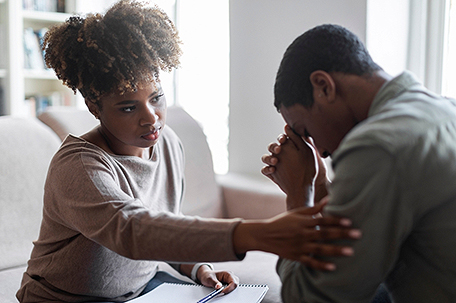
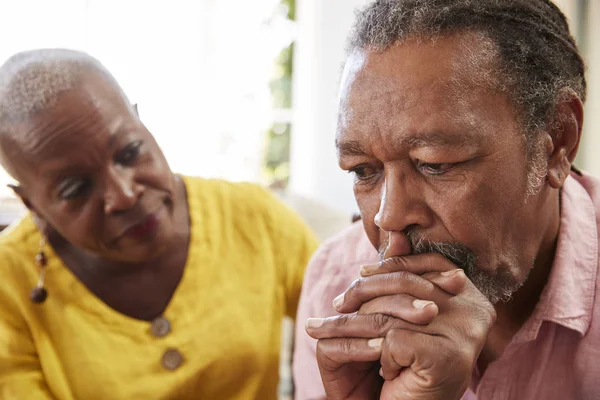
CULTURAL STIGMAS AROUND MENTAL HEALTH
Mental health remains a taboo subject in many Afro Diaspora communities. For generations, cultural norms have dictated that psychological struggles be dismissed as weakness or a lack of faith. Instead, spiritual practices and familial support networks have often served as the default responses to mental health crises.While these traditions offer strength, they can also silence those in need of professional help. Many individuals face a dual burden: the weight of their mental health struggles and the stigma of seeking care.This cultural silence is compounded by systemic inequities in mental health access. Research reveals that Afro-descendant individuals are less likely to receive mental health care compared to their white counterparts, even in multicultural nations. Economic barriers, racial bias in healthcare, and a shortage of culturally competent professionals further widen this gap.
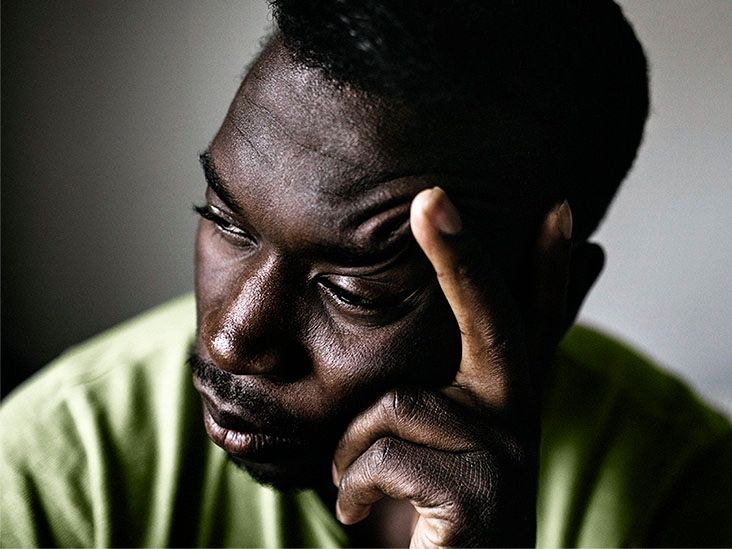
THE RISE OF of AFRO-AMERICAN APPROACHES TO MENTAL HEALTH
In recent years, a growing movement within the Afro Diaspora has sought to reclaim mental health narratives through culturally specific approaches. Afro-centric mental health initiatives emphasize the importance of identity, heritage, and collective healing in therapy.Programs like Black Minds Matter UK and Therapy for Black Girls in the United States provide safe spaces for Afro-descendants to address their mental health without fear of judgment or cultural disconnect. These platforms also celebrate the resilience inherent in Black culture—encouraging practices like storytelling, art, and music as tools for emotional expression and healing.In Africa, the resurgence of traditional healing practices alongside modern psychology highlights the power of integrating ancestral knowledge with contemporary mental health strategies. Communities in countries like Ghana and Kenya are leading the charge in breaking the stigma, with mental health advocates pushing for policies that prioritize accessible care.
THE ROLE OF COMMUNITY AND COLLECTIVE HEALING
For the Afro Diaspora, the road to mental wellness is not solely an individual journey—it is a communal endeavor. The concept of Ubuntu, an African philosophy that emphasizes interconnectedness and mutual support, offers a powerful framework for collective healing.
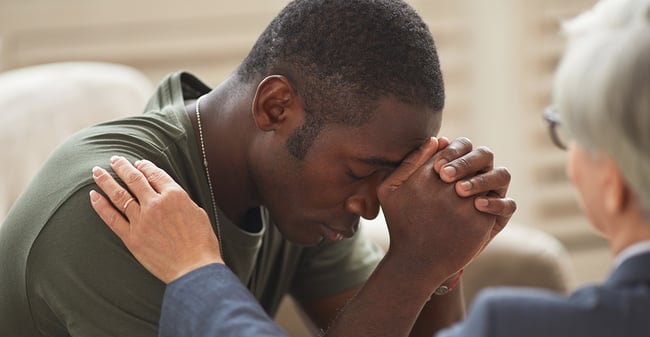
Community-based mental health programs, peer support groups, and intergenerational dialogues can help break the silence around mental health struggles. Social media has also emerged as a critical tool, connecting individuals across the diaspora to share their experiences and resources. Online platforms like AfroWellness and Healing in Our Hands foster global conversations on mental health while challenging stereotypes and stigma.
MOVING FORWARD:
Addressing mental health in the Afro Diaspora requires a multifaceted approach:
Policy Advocacy: Governments and institutions must invest in culturally competent mental health services, particularly in underserved communities.
Education: Raising awareness within families, schools, and religious institutions can help dismantle stigma and promote early intervention.
Representation: Increasing the number of Black mental health professionals ensures that care is empathetic and relevant to the community’s lived experiences.
Global Solidarity: By fostering cross-cultural collaboration, the Afro Diaspora can create a unified front to demand systemic changes and advocate for mental health as a universal right.

The Afro Diaspora carries a legacy of resilience, creativity, and strength. While the journey toward mental health equity is far from over, the tides are shifting. Through community, culture, and advocacy, Afro-descendant individuals worldwide are reclaiming their narratives and prioritizing their well-being.As we break the silence and embrace collective healing, we honor the resilience of our ancestors and pave the way for a healthier, more empowered future. The conversation around mental health is not just about survival—it is about thriving in our shared humanity.
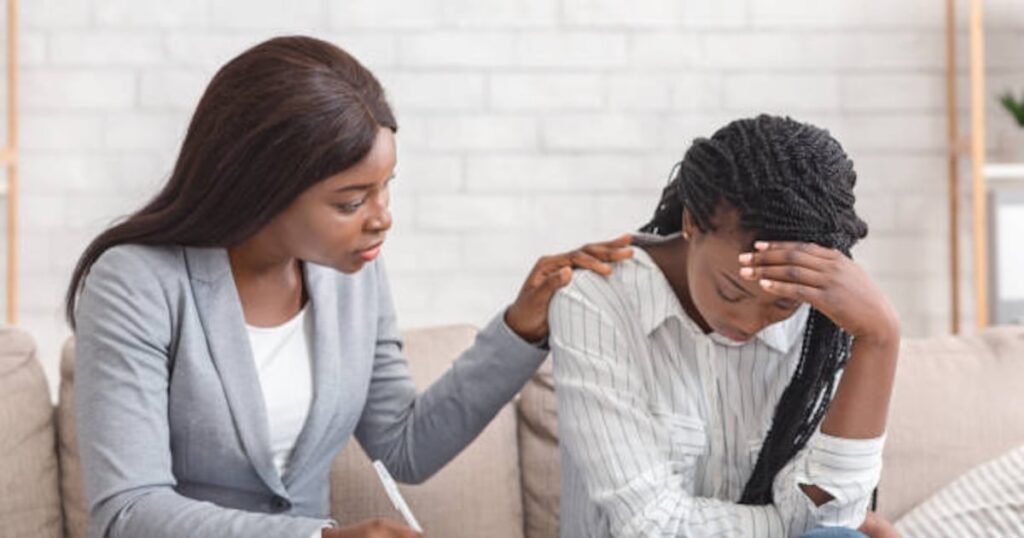
Let this be a call to action for us all: to listen, to support, and to heal together.
Author’s Note: At Afro Diaspora Pulse, we are committed to amplifying the voices and experiences of Afro-descendant communities. Let us know how mental health impacts your community and the solutions you’ve found to foster healing. Together, we can inspire change.






